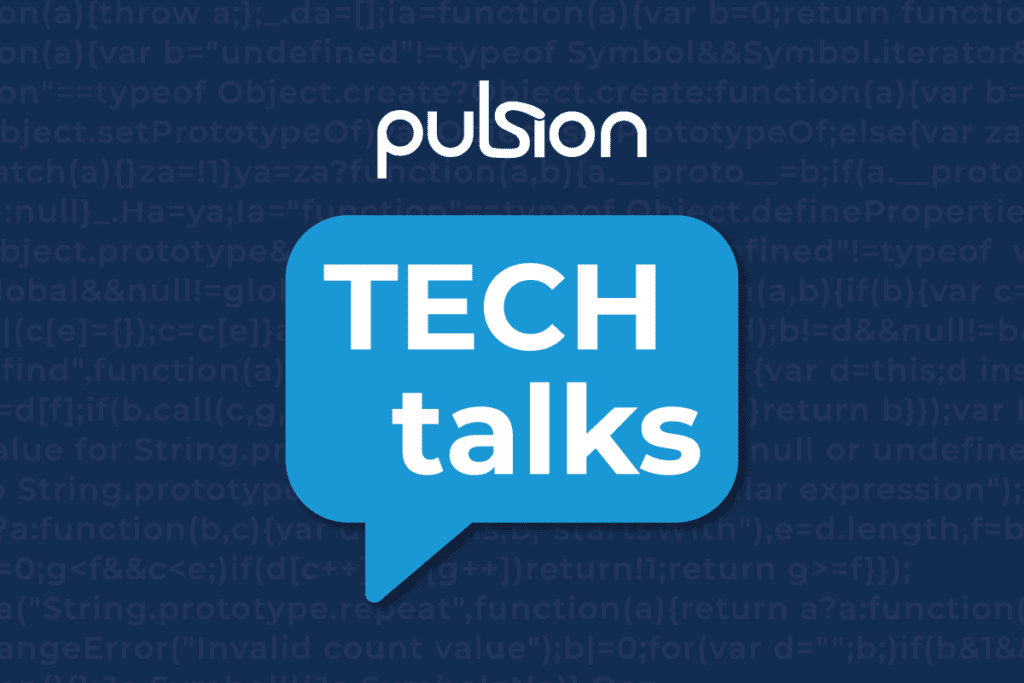A three hour keynote speech to kick-off day 2 of AWS re:Invent might sound long but in reality felt very short indeed. Day 2 started with the keynote speech from AWS CEO, Andy Jassy. and as you would expect, a large number of new services were announced. For us, as an AWS partner who develops server-less cloud and machine learning solutions, there were a couple of standouts.
CodeGuru
A new machine learning service was introduced for performing code reviews on AWS code – Code Guru. Code reviews are always good practice but waiting for developers to perform code reviews or the availability of code reviewers, within an organisation, can cause delays in finishing and deploying code. CodeGuru can integrate into the continuous integration/continuous delivery (CI/CD) pipeline and perform automated code reviews to what seems like a fairly deep level including identifying style, performance resource leaks and concurrency issues. It currently supports Java with other languages available ‘soon’.
Sagemaker
Several new applications were announced around Sagemaker, Amazon’s service to allow the building of machine learning (ML) models in the cloud. The stand-out for us of these was Sagemaker Studio, an IDE to make it easier for developers and data scientists to build, train, debug, deploy and monitor machine learning. This certainly fills a gap in Amazon’s ML offering and the demos of the product looked like a major step forward in productivity for ML model developers.
Machine Learning Summit
In the afternoon we attended the Amazon Machine Learning Summit where various organisations outlined how these used machine learning. We have always been of the opinion that machine learning/artificial intelligence can be applied to practically any organisation and the diversity of applications presented at the summit supported that view.
The first speaker, from Fred Hutch Cancer Research Center, announced that he was of the firm belief that cancer would be ‘cured within our lifetime’ and ML/AI would be at the centre of making this possible. He then described how machine learning was being used to analyse and categorise the correct t-cells (cells which attack foreign bodies in the body) to boost those t-cells to attack specific tumours. He outlined how ML research and new drugs had drastically improved the outcomes for patients surviving after two years with the disease. Thanks to the work undertaken outcomes had improved to 50% with hopes for a higher survival rate with further research.
Another speaker discussed machine learning in fish farming to detect sea lice, weigh fish and decide feed quantities using cameras and AI. Other subjects covered were improving vertical farm efficiency to solve the world’s looming food crisis, AI within the Internet of Things (IoT), using AI to combat deep fakes and bias in AI.
The overall takeaway from today’s sessions is the sheer amount of work being put into artificial intelligence and how the technology is being applied across a huge range of industries to improve outcomes be it healthier humans, healthier fish or healthier crops.
Looking forward to what day 3 has in store.




